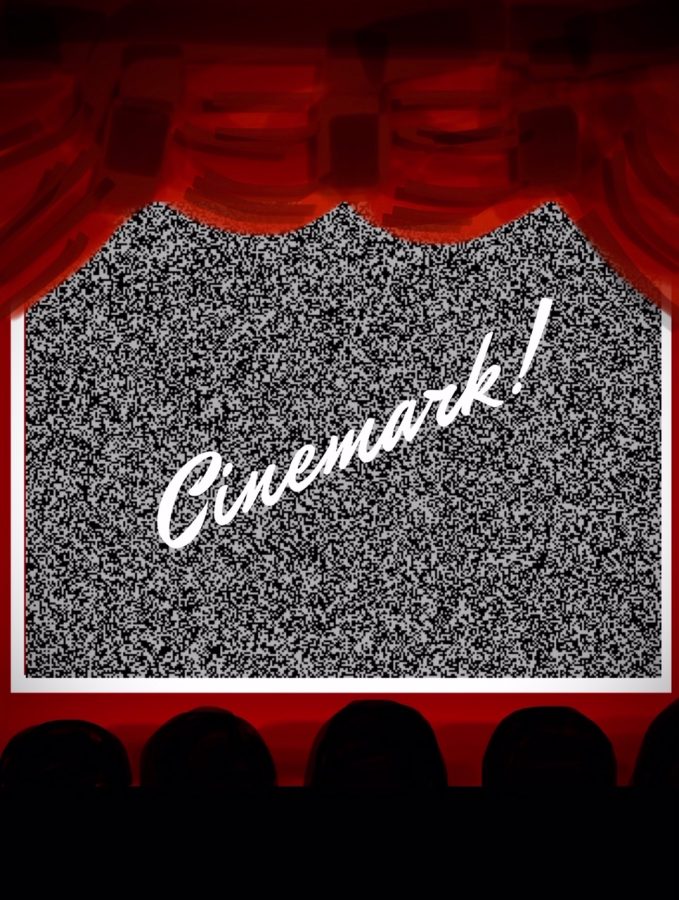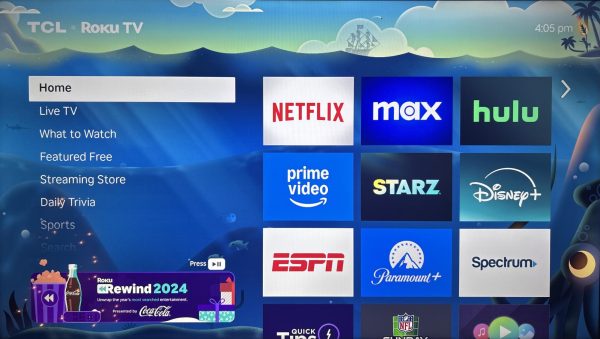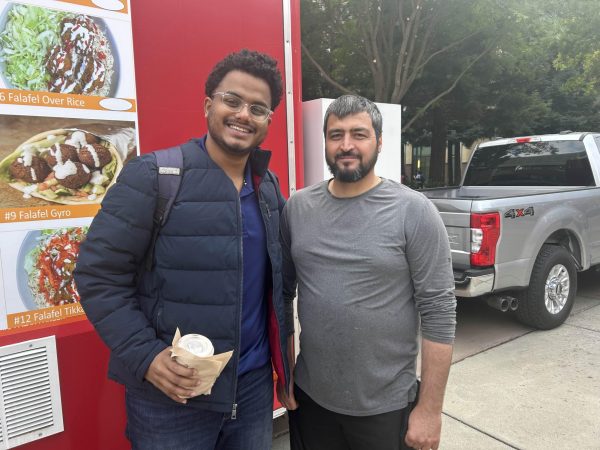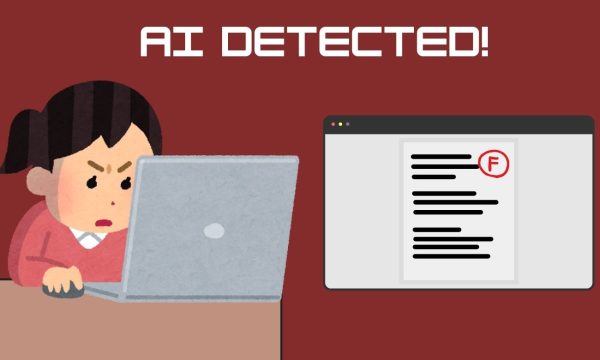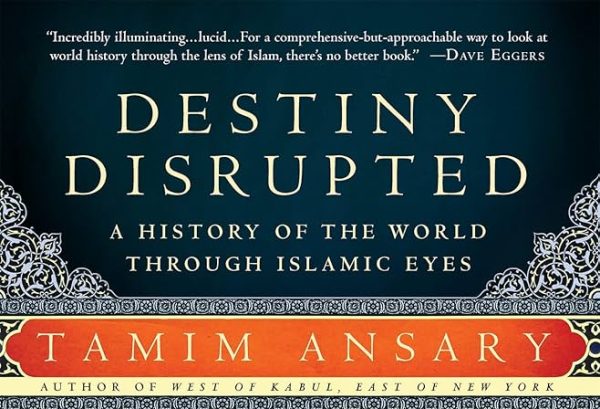Going to the movies during the pandemic isn’t too different than before
The reopening of some movie theaters feels like a big step forward, away from the state of isolation and fear and toward a state of normalcy.
The movie theater industry has perhaps suffered more than any other business during the coronavirus pandemic.
While other businesses were allowed to open sooner, movie theaters remained closed and suffered greatly. They were in danger before the pandemic and now they’re in even more danger of closing permanently.
On Sunday, I went to a movie theater for the first time since the coronavirus pandemic forced us all into our homes for a multi month-long quarantine lockdown.
The last time I had been to the movies before Sunday was in November 2019. I saw “Terminator: Dark Fate.” That was almost a year ago, but it feels even longer because time has dragged on so much since the pandemic reached California in March.
I missed going to the movies. Every time I watched a movie at home on Netflix or one of the other streaming services, I wished I could be watching it in a theater.
I missed the cool darkness of the movie theater that is such a refuge in the heat of the summer and cool enough for me to bring a jacket in the pleasant fall and spring weather because I know the theater will be cold.
I missed the brightness of the giant screen and the boom of the industrial-sized speakers that makes every film a spectacle.
I missed the popcorn that no “movie theater butter” style popcorn from any of the pop-at-home brands can ever even come close to.
I turned my lights off, I ran the air conditioner longer than I needed to, I turned the volume on my 55-inch TV up loud … and it still was no match for the movie theater experience that I missed so much. It’s simply something that cannot be replicated.
I missed the community aspect of the movie theater. I missed sharing an experience with strangers. I missed hearing other people scream during a horror movie or laugh during a comedy. I missed the comments people made to each other on the way out of the theater. “Wasn’t that a great movie?”, “What was your favorite part?”, “I couldn’t believe the ending!”
I recall an older man asking me as he walked past me in the theater after the movie “Good Time” (2017), “Wasn’t that just the most nonsense, waste-of-time movie you’ve ever seen?” I laughed and told him I thought the same thing. The fact that we were the only two people in the theater just proved his point.
What I missed most about the movie theater was the social aspect of it, the same aspect that’s at the root of all the things we’ve been deprived of and yearning for since March.
On Sunday, I got to sit in a cool, dark movie theater with about 15 other people and watch an intense action movie while eating the real movie theater popcorn I had missed so much.
Except a lot of things about the experience are different than before.
Everyone is wearing masks, of course. The person in the box office is no longer the only employee working in a box — the concession stand attendants and the ticket taker have their own plexiglass shields now.
Every other row of seats in each theater is blocked off for social distancing. For each seat chosen on the seating chart when a ticket is bought, two seats on either side of it are blocked off for the six-feet rule.
I thought about the concession stand ads they show before the movie previews. I always felt like they were so over-the-top, that they over-exaggerated the quality and experience of simple things like soda and popcorn and candy that’s sold at double the price of anywhere else. Now, I just realize that I took it all for granted and that night in the movie theater, I felt like a character in one of those movie theater commercials, grinning as I settled into my seat and took the first sip of my drink.
As I watched Russell Crowe’s character beat and murder someone with a coffee mug, a necktie and a dull knife, I gasped and heard the collective gasp of about fifteen other people. We were all on the edges of our seats throughout this movie, vocally reacting to it. It was a shared experience with no lag time or breakups. It was fifteen people in a huge, socially distanced and dark room reacting to the gore of a psychological thriller. That still happens. We’re still social enough for that.
My shoulders and neck were sore afterwards from being so tense the whole time. I watched a movie about road rage being taken to a horrifying extreme, and then I had to get in a car and go home. That was fun, in a nerve-wracking way. That would not have been even nearly the same experience if I had watched this movie at home.
The industry has taken a big hit this year. Regal Cinemas has made the decision to keep all of its theaters closed until more big blockbuster movies start coming out again. They hold the view that it’s not worth having the theaters operating if many of the hit movies that draw in the most customers are being delayed. AMC is currently facing the possibility of going bankrupt by the end of the year.
It’s so important that people support the theaters that are still open if they can. The movie theater industry has been suffering since the onset of Netflix and other streaming services. This struggle to come back after coronavirus closures could be its dying breath if people don’t support the industry.
One thing that is upsetting about what this pandemic is bringing out in our society is what homebodies we’ve all become.
This pandemic has made us even more reliant on and comfortable with doing everything from home. We can learn, work, visit with friends and family, watch movies, exercise, shop (including for groceries), get prescription medications and even see doctors and dentists remotely in our homes.
Those who feel safe going out and helping recovering businesses should get out and do so. Eventually, this pandemic will be behind us. Don’t forget that beyond the screens of our many forms of technology and the walls of our homes, there’s an entire world. We won’t be stuck at home forever. There are other people and other things outside of our homes that need our attention and participation to survive.
I’m so glad the movies are back. But it seems to mean more, somehow. It feels like a big step forward, away from the state of isolation and fear and toward a state of normalcy.
Kelsey Ogle can be reached at orionmanagingeditor@gmail.com.



